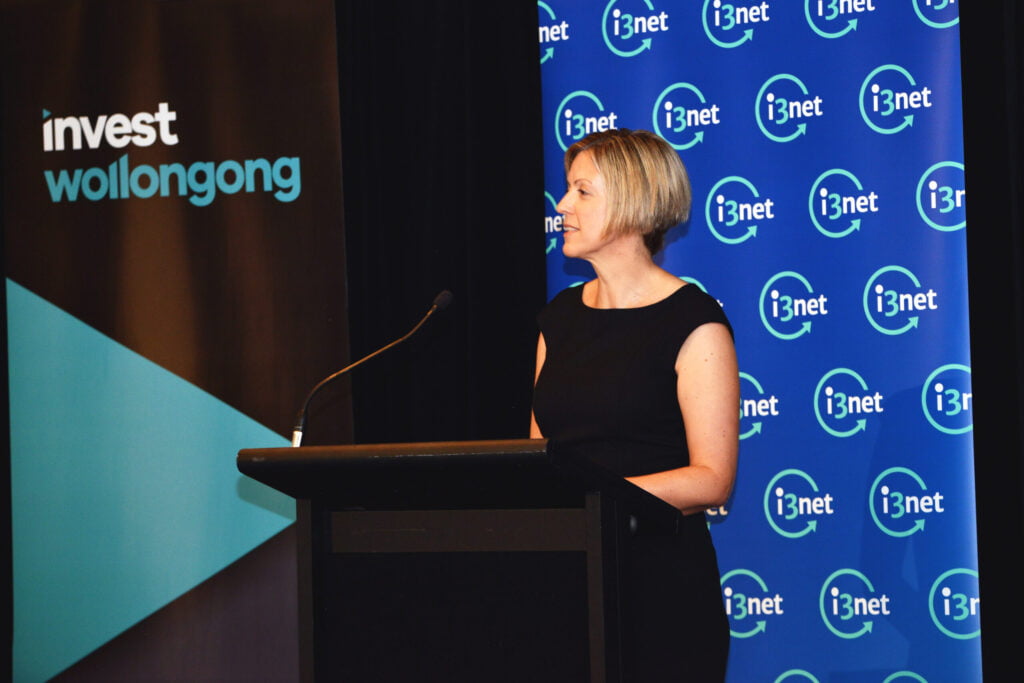
Partners in manufacturing businesses have often ‘grown up’ with the business. Going from smaller-scale operations where they were hands-on and the partners knew every aspect of the business in detail, through to building a strong leadership group around them. Over time they may have taken on additional partners or employed leaders skilled in specific business functions.
Stepping away from the detail can be challenging for partners. This can be especially difficult when a client demands quick turnaround or there’s been a production delay or breakdown in a critical system or process. Partners dive in to help resolve the issue with all the best intentions. They attempt to control everything across the business by holding on tight.
Over time this effectively stalls the business as they become the bottleneck and the source of all decisions. This leads them to be increasingly stressed and exhausted. The remaining partners and leaders become demotivated due to frustration with little clarity on their role boundaries.
Would you like to realign the roles and responsibilities in your business, so everyone has certainty about the value they add? How would it feel to fully trust that your team has any issue under control?
If it were easy to negotiate a new way of working together and maintain standards whilst under pressure you would already have put it in place! Let us support you to drive the outcome you are seeking, and help you sustain this for the long haul.
Case Study: Sharing responsibilities
A long-term senior partner in a national manufacturing company had worked hard, grown the business and recently taken on two younger partners. He planned to work less in the business and mentor the new partners to step up as he headed towards retirement.
The senior partner had established a competitive advantage by being highly responsive to customer needs, taking on the relationship with key customers himself and being ‘always available’ for any customer escalations. After bringing in the new partners, he still took these customer calls and so circumvented customer management processes. This created discord, with the new partners being blamed for not stepping up. The new partners were very frustrated, and the senior partner felt the need to hold on tighter. Retirement felt a long way off.
We stepped the partners through our discovery process, reviewing their current state. We then utilised a combination of facilitated workshops and one-to-one coaching to address the gaps identified in the current approach. This led to an improvement their leadership skills and performance.
We worked through their expectations of each other ensuring they were clear on how they could move forward more constructively. It took a great deal of debate and discussion, getting it all out on the table, removing any areas of doubt. The partner roles and responsibilities were reset in line with clear and unambiguous expectations.

The senior partner still sometimes has challenges in staying out of the detail, but his partners now have the confidence to constructively challenge him. The new partners are proactively managing the business using the senior partner as a guide and mentor allowing the senior partner to have more leisure time.
